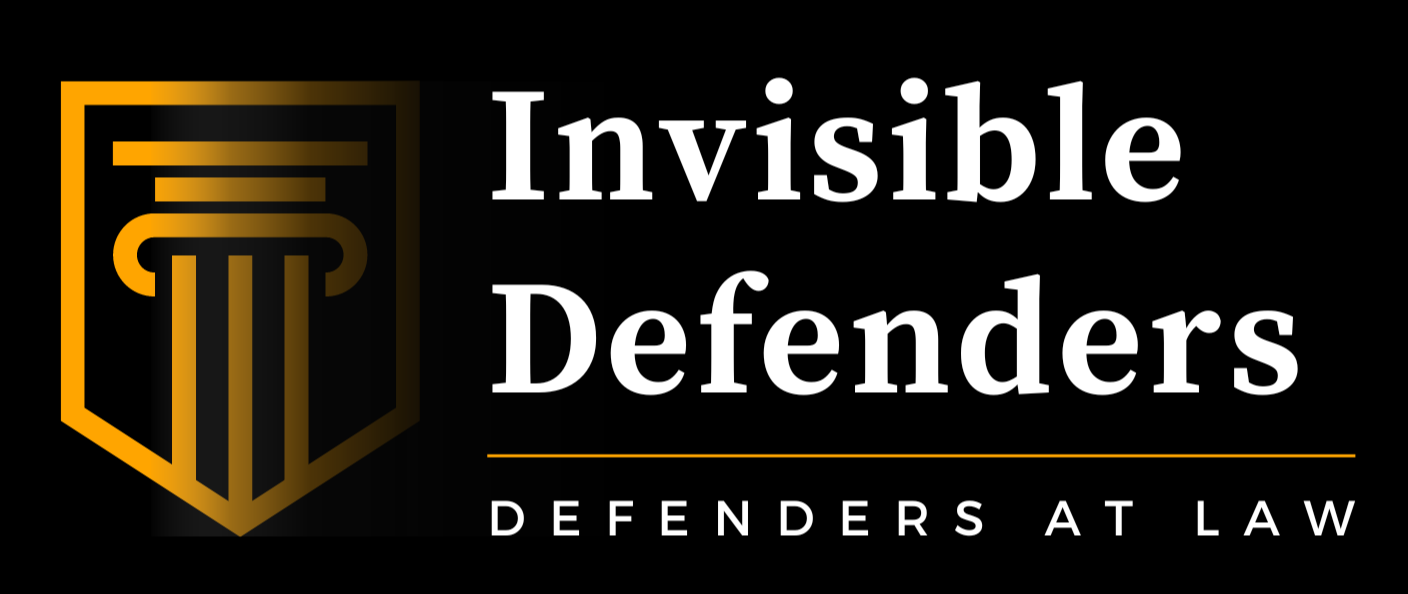
If you’re in human resources (HR) and the hiring or firing of an employee is part of your job description, this question may come up a lot: what is the appropriate way to handle severance pay when the employee is terminated? HR professionals need to know their options in this dynamic. A properly handled severance package can help boost employees’ morale after a tough separation from their current employer and can provide a means for current employees to transition to their next job.
Whether you have terminated an employee, you will undoubtedly have to part ways with your employer. Depending on your employer’s policy, you may be entitled to severance pay when you end your employment. However, different employers have different policies regarding severance pay, and it is important to be aware of your employer’s policy, your rights, and the laws in your area.
What Should I Expect to Pay for Severance?
If the termination is out of your control, you shouldn’t be paying for any part. Unfortunately, too many employees find themselves on the hook for severance pay they can’t afford to pay. And if you’re an employee who can no longer afford to pay your severance.
Employee Rights Following Job Termination
Generally, you have the right to be treated fairly before termination. This usually begins with being informed as to why you are being asked to resign, which can include the company’s reasons for doing so. However, if your employer simply tells you that you have been terminated, you are not under any obligation to give them a reason or to confirm one with them. Instead, you are protected from unlawful termination, which means that they cannot be motivated by your race, religion, gender, disability, or age (among others). You are also protected from retaliatory termination, which means that your employer cannot fire you for exercising some of your protected rights or for complaining about issues at work.
Employment at Will
Some typical employment agreements are for an at-will relationship, which means that an employer can fire their employee for any reason, so long as it is not illegal. It is important to note that some states have laws that require an employer to give their employees notice before terminating their employment. These requirements vary from state to state, so it’s best to check with your state’s employment standards board.
Final Paycheck
Most employees have questions about what they can expect when they decide to end a job. What expenses are covered by the employer for severance? Can I expect my former employer to pay for a job search? What about unused vacation or sick time? When it comes to final paychecks, employers must make the payment within one week of termination. Employers are not required, however, to pay you for unused vacation time.
Severance Pay
A severance agreement is like a deal between an employer and an employee when the employee leaves their job. The company agrees to pay the employee some money, usually called a redundancy payment. Sometimes, the severance package includes other things like health insurance or payments for a few years. If you’ve agreed to pay a certain amount, you can talk to your HR department or to your small business payroll service provider to pay the full amount to the employee.
Health Coverage
It doesn’t mean your health coverage is immediately canceled when your employer fires you. In certain cases, employers are required to offer you continuation coverage for up to 12 months or 13 months. After you switch jobs, you must apply for a new, separate policy. You could face a penalty if you miss the deadline or don’t receive coverage. Knowing how receiving disability pay or workers’ compensation will affect your ability to purchase continuation coverage is important.
Unemployment Compensation
When an employee is terminated, a lot of emotion may be involved. There is a sense of relief that the job is gone and a feeling of anger or regret about the reasons for the termination. When this occurs, it is essential to remember the employee is entitled to the unemployment benefits to which they are entitled.
Severance pay should only be given when terminated for poor performance. Otherwise, it’s not fair to the employee and may be viewed as punitive.
